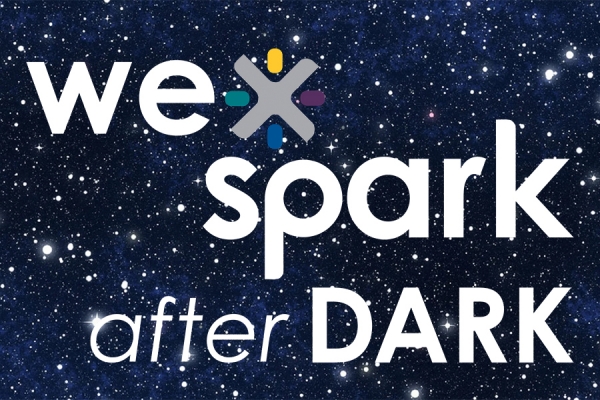An Evening of Connection and Conversation in Health Research: WE-SPARK After Dark WE-SPARK Health Institute invites the community to attend its next WE-SPARK After Dark networking event on Thursday, March 5, from 5:00 to 7:00 p.m. This monthly gathering is open to anyone with an interest in health research, including researchers, healthcare professionals, students, community partners, and those simply curious to learn more. Whether actively involved in research, exploring new ideas, or seeking meaningful connections with others who share a commitment to improving health and well-being, attendees will find a welcoming and engaging environment. The evening begins with informal networking and conversation, creating a relaxed space to meet new people, exchange perspectives, and spark connections that can lead to future collaboration. Everyone is welcome. Registration is encouraged, but not required. Please click here to register.
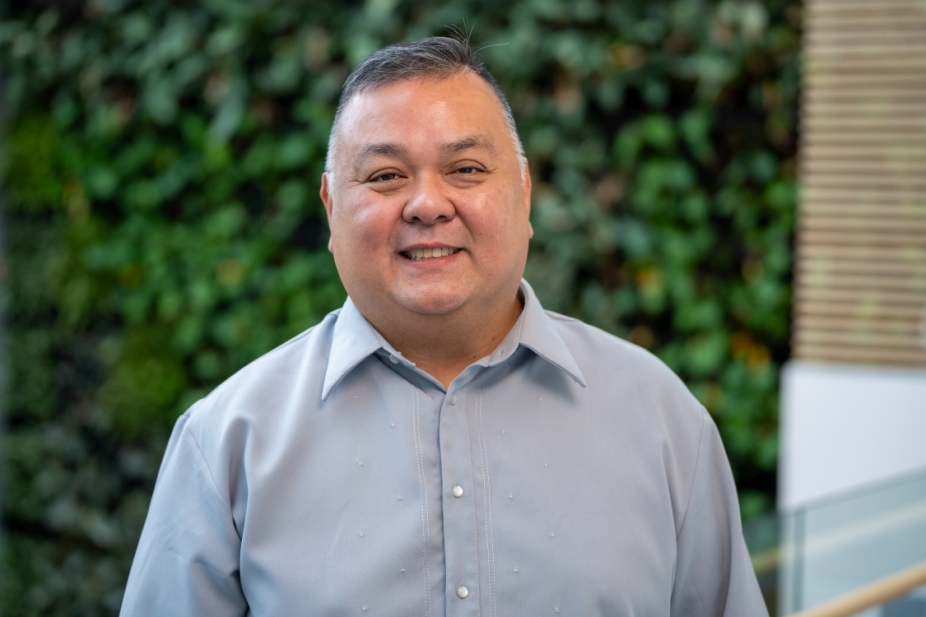
Internationally educated nurses are vital to Canada’s health system — but support gaps remain Dr. Edward Cruz is pictured at the Faculty of Nursing, where his research includes advancing the integration and success of Internationally Educated Nurses within Canada’s healthcare system. (GAM MACASAET/University of Windsor) As Canada faces ongoing health-care worker shortages, internationally educated nurses (IENs) are increasingly relied upon to fill critical roles. Research by Dr. Edward Cruz, a professor in the Faculty of Nursing at the University of Windsor, suggests many of these nurses continue to encounter systemic barriers that limit their ability to fully integrate into the workforce — even as they are actively recruited to meet demand. “Internationally educated nurses are not just a stopgap,” said Cruz. “If we want them to succeed — and to stay — we have to support them beyond simply getting them registered.” Canada’s reliance on IENs has grown alongside pressures from an aging population, strained hospitals and evolving immigration pathways. Yet integration…
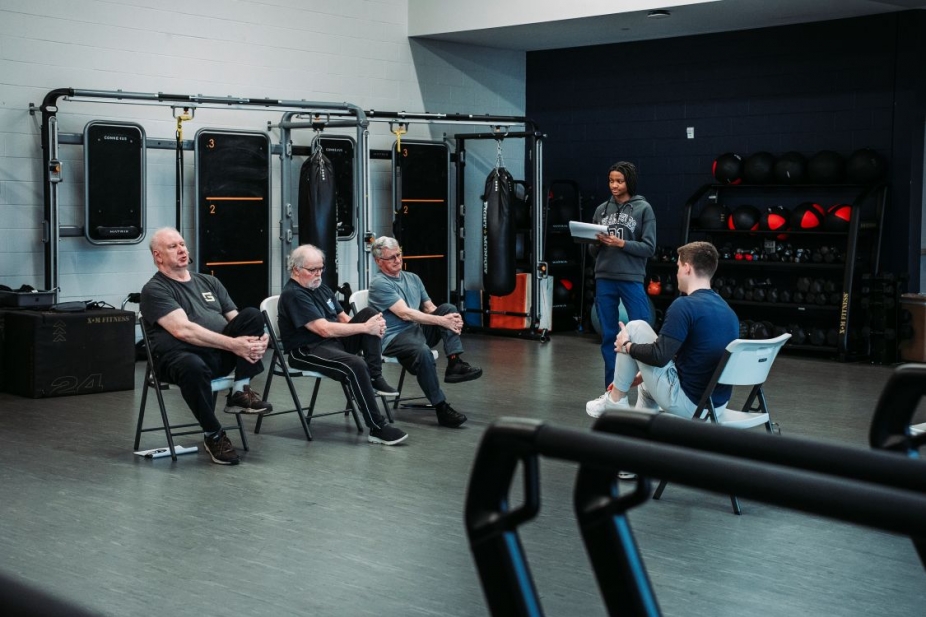
Small daily movement changes can help older adults stay strong and independent Physical activity is key for everyone, including older adults. (MIKE WILKINS/University of Windsor) Just 10 minutes of physical activity a day can be the start many people need to get moving, according to Dr. Paula van Wyk, professor in the Faculty of Human Kinetics. Physical activity is especially important for older adults as the aging process can lead to loss of strength and function. “In general, people are aware of the potential benefits of engaging in physical activity,” she says. Still, according to van Wyk, only a small percentage of older adults meet the recommended guidelines for physical activity. “It is advised that adults and older adults should engage in at least 150 minutes of moderate-to-vigorous physical activity each week,” she explains, noting that twice a week muscle-strengthening activities and activities that challenge balance are also recommended. However, van Wyk says that some can find the recommendations overwhelming, lacking context…
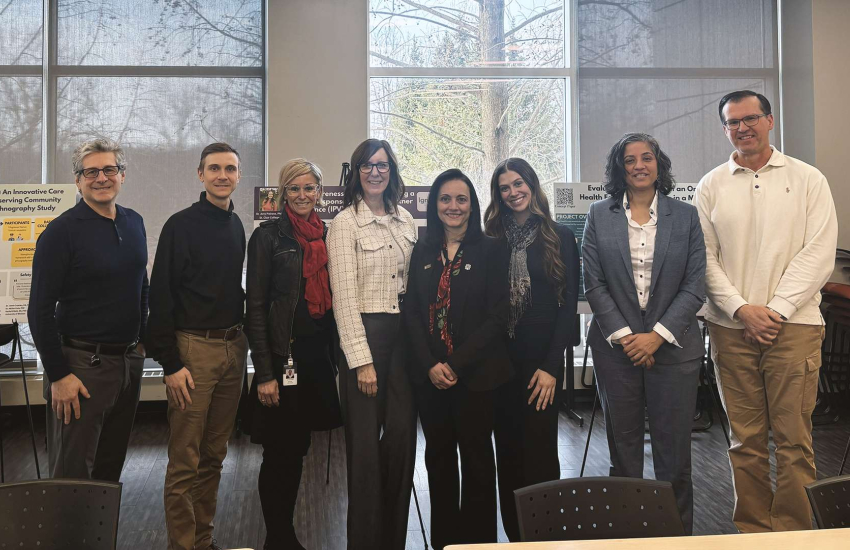
Advancing community health and wellbeing through partnership and purpose St. Clair College and WE-SPARK Health Institute representatives gather for a photo, capturing the shared commitment to advancing community health through partnership, education, and action. (Sonja Popovski/St. Clair College) St. Clair College continues to demonstrate its steadfast commitment to strengthening community health and wellbeing through collaborative partnerships that place lived realities at the centre of research, education, and innovation. A recent partner engagement session hosted by WE-SPARK Health Institute brought together faculty, students, and regional health leaders to explore how applied research pathways can better support the evolving needs of Windsor-Essex. The visit reaffirmed St. Clair College's role as a founding partner in advancing regional health research and highlighted the College's reputation as a responsive and community-driven institution. Conversations focused on expanding access to real-world health research opportunities, supporting faculty-led…
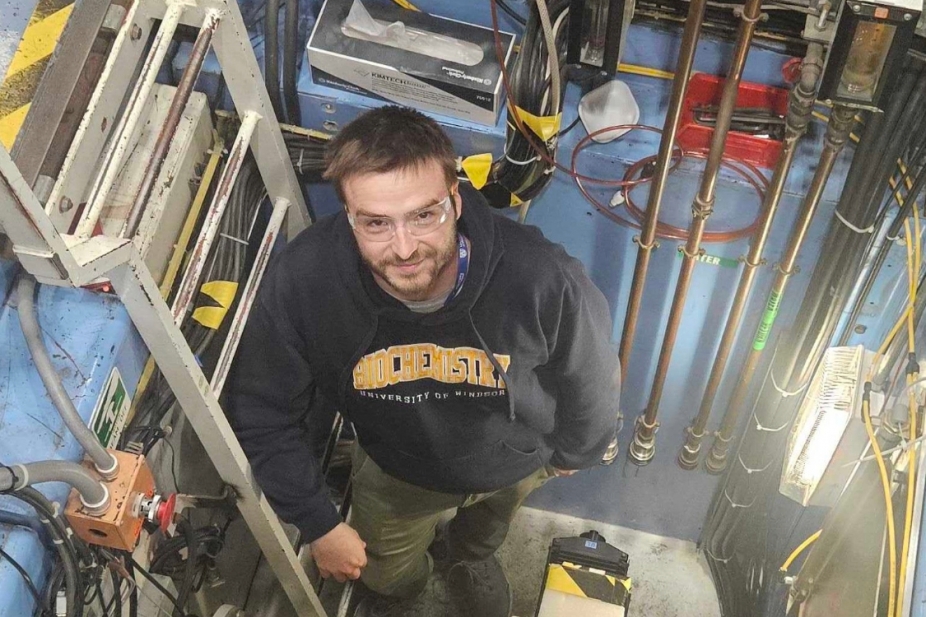
UWindsor joins global effort to advance neutron science Dr. Drew Marqurdt at the ISIS Neutron and Muon Source, a world-leading centre for research in the United Kingdom. (MAKS DZIURA/University of Windsor) The University of Windsor is helping shape Canada’s future in nuclear science by joining an international initiative aimed at transforming how scientists access neutron technology. Neutron beams are indispensable tools for probing the structure of materials, from advanced batteries to biological tissues, without causing damage. “Neutron beams enable scientists to see inside materials without destroying it, making them critical for breakthroughs in energy storage, drug development and industrial quality control,” says chemistry and biochemistry’s Dr. Drew Marquardt. Now, UWindsor is part of a global effort to expand access to this irreplaceable tool. The University is joining a coordinated research project led by the International Atomic Energy Agency (IAEA), an independent United Nations organization. Traditionally,…
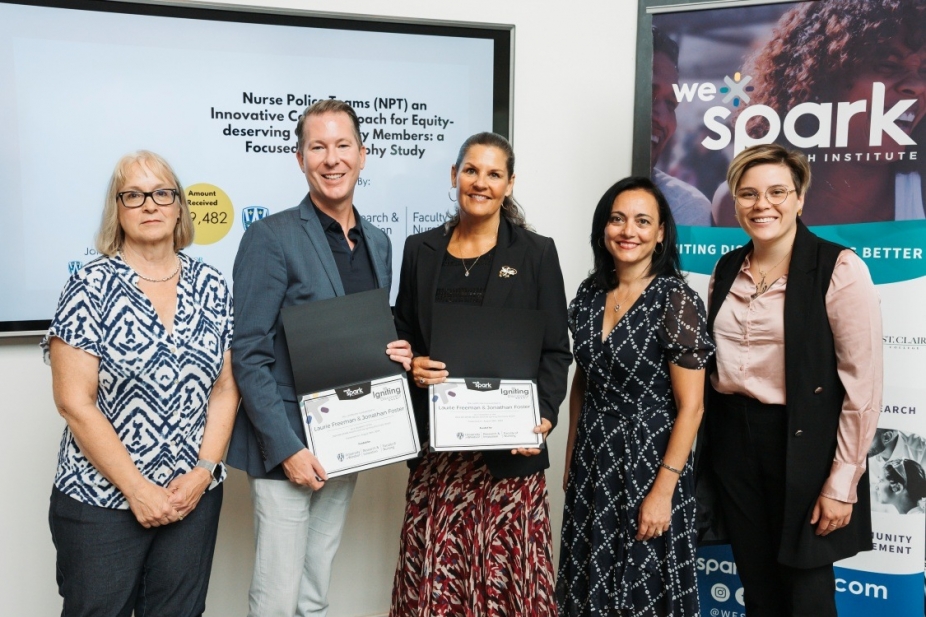
Windsor nurse–police partnership builds trust, bridges gaps in community Dr. Laurie Freeman (centre) is shown receiving support from WESpark for the NPT study, joined by Susan Fox, Johnathan Foster, Dora Cavallo, and Dominika Boron. (SUBMITTED BY LAURIE FREEMAN/University of Windsor) The idea began in the emergency department, where police officers and registered nurses (RN) wondered: what if they could help people before they reached the hospital? That question sparked Windsor’s Nurse–Police Team (NPT) program, which pairs officers from the Windsor Police Service with RNs from Windsor Regional Hospital to respond to calls in the city’s downtown core. Instead of taking people to the emergency department or correctional facilities, the teams provide on-the-spot care, wound treatment, crisis support and connections to community resources. Early research shows it is changing attitudes and outcomes across the city. University of Windsor Nursing Associate Professor and Associate Dean Laurie Freeman is studying the initiative with a 2024 Ignite Discovery grant…
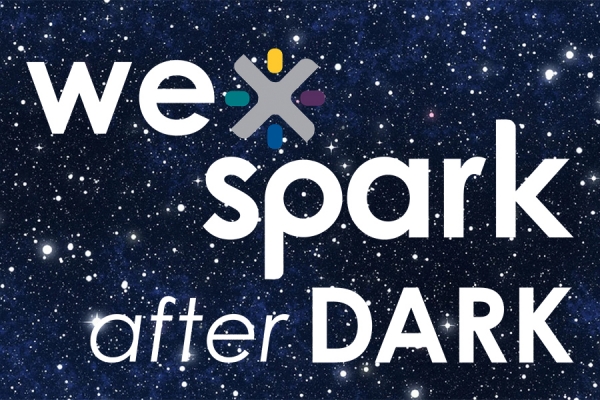
An Evening of Connection and Conversation in Health Research: WE-SPARK After Dark WE-SPARK Health Institute invites you to its next WE-SPARK After Dark networking event on Thursday, February 5, from 5:00 to 7:00 p.m. This monthly gathering is designed for anyone interested in health research, including researchers, healthcare professionals, students, community partners, and those who are simply curious to learn more. Whether you’re actively involved in research, exploring new ideas, or looking to connect with others who share an interest in improving health and wellbeing, you’ll feel at home here. The first hour focuses on informal networking and conversation, creating space to meet new people, share perspectives, and spark connections that may grow into future collaboration. Everyone is welcome. Registration is encouraged but not required. Click here to register. All attendees will be entered into a draw for two complimentary WE-SPARK Health Research Conference registrations (a $370 value).
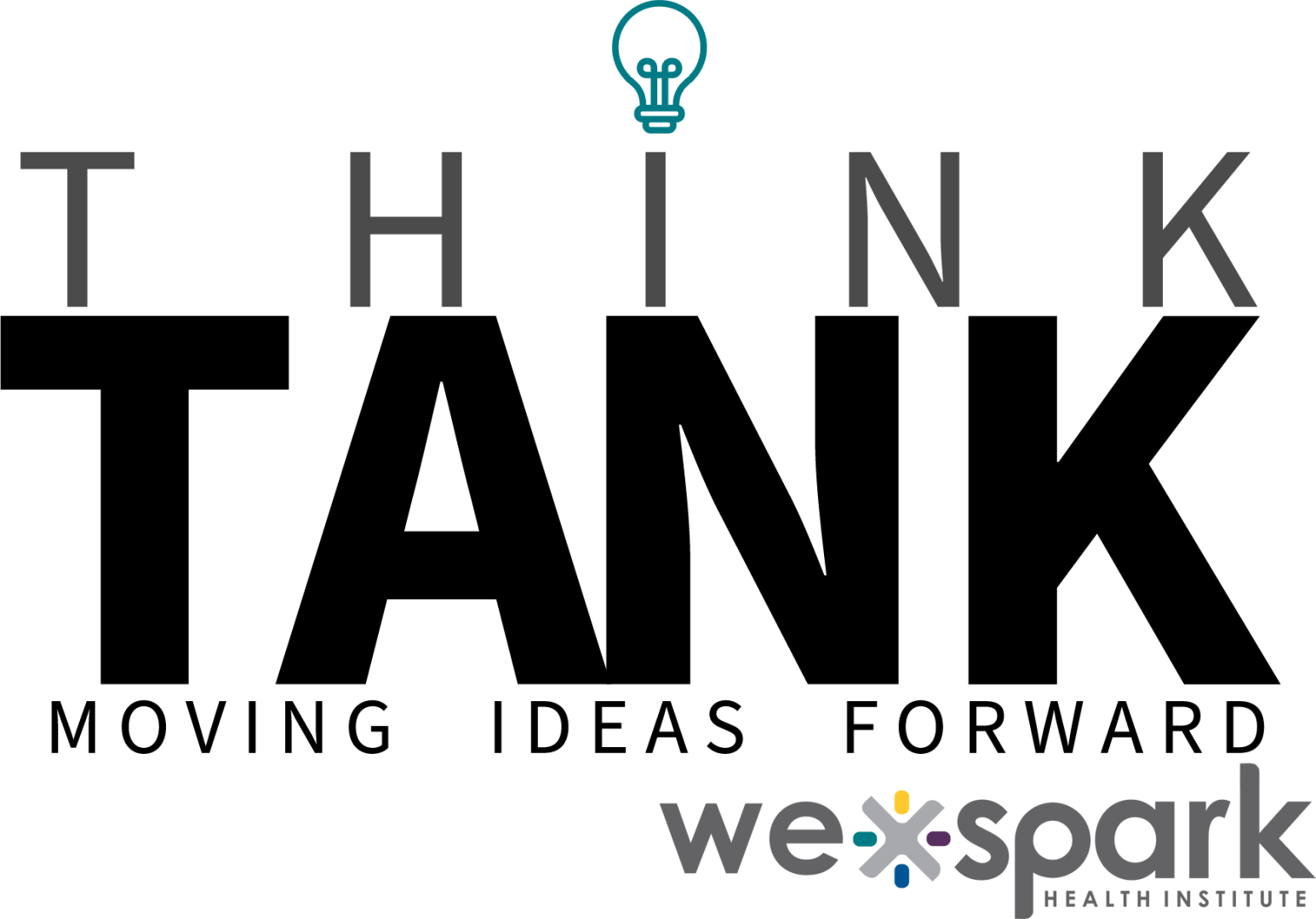
WE-SPARK Virtual Think Tank: Advancing Collaborative Health Research WE-SPARK Health Institute invites researchers, healthcare professionals, community partners, industry collaborators, and students to participate in an upcoming Virtual Think Tank taking place on Friday, February 13, from 1:00 to 3:00 p.m. This interactive session is designed for individuals who enjoy hearing about new ideas, value collaborative problem-solving, are interested in building new connections, and want to support other researchers in moving early-stage projects forward. Participants will engage with emerging, data-driven health research initiatives and explore opportunities for collaboration, partnership development, and future funding. Featured Think Tank Workshops Creating a Community-Driven Research Hub in the Downtown Core Adrian Guta, PhD – School of Social Work, University of Windsor This session will explore the development of a community health research strategy grounded in the University of Windsor School of Social Work’s downtown presence and commitment to serving…

Lifting weights, lifting spirits: Kinesiology student shares the joy of exercise with high schoolers through APEX Chloé VidAmour is an APEX program coordinator, MSc kinesiology and health studies student, and Lancer track and field athlete (DAVE GAUTHIER/University of Windsor). In high school weight rooms across Essex County, leadership class students and students with disabilities are sharing in the joy of exercise. Master of science in kinesiology and health studies student and APEX program coordinator Chloé VidAmour describes seeing these students build connections as “beautiful to watch.” “We see this blossom of friendship,” she says. “It’s so fulfilling to see how much everyone loves the program.” APEX, which stands for Adapted Physical Exercise, grew out of a partnership between the Faculty of Human Kinetics’ Centre for Human Performance and Health (CHPH) and Community Living Essex County 15 years ago. As part of the APEX program, founded by Dr. Sean Horton and Prof. Chad Sutherland, community members with intellectual and/or developmental disabilities…


